Get students using emotive language examples in their persuasive essays with this differentiated cloze passage worksheet.
Discover the Persuasive Power of Emotive Language!
Imagine trying to convince a friend to come to a dinner party. Instead of just saying, “Come to my party,” you might say, “Attend the most amazing dinner party ever, filled with delectable dishes that will make your taste buds jump for joy!” See how the words make it sound more exciting? That’s emotive language at work!
Emotive language is using words that stir up feelings and emotions in others. It’s like adding extra spice to a piece of writing to make the audience deeply connect with the text’s message. In a persuasive text, emotive language can work wonders when it comes to convincing the reader to support an argument!
This cloze passage worksheet has been designed to give your students practice using emotive language within the context of a persuasive text about making books free for all children under the age of 12. It contains two versions.
- Version 1 – The passage of text has 16 words missing. The missing words are provided in a word bank. Students use the words from the word bank to fill in the blanks in the text.
- Version 2 – The passage of text has 16 words missing. The missing words are not provided. Students add their own emotive words to fill in the blanks in the text.
An answer key is included for the word bank version of the text.
This resource downloads as a black-and-white printable PDF or editable Google Slides file.
Further Extend This Emotive Language Activity
Looking for ways to further extend this emotive language activity? Here are a few quick suggestions from our experienced teacher team:
- Find the Synonyms – The more emotive language your students are familiar with, the better! Have them use a thesaurus to find synonyms for each word in the word bank.
- Additional Examples – Have students read back through the text to look for more examples of emotive language. Discuss the words found as a class.
- Noun, Verb or Adjective? – Emotive language often consists of nouns, verbs and adjectives. Have your students sort the words from the word bank into these three groups.
Download This Emotive Language Worksheet
Use the dropdown icon on the Download button to choose between the printable PDF or editable Google Slides version of this resource.
Because this resource includes an answer sheet, we recommend you print one copy of the entire file. Then, make photocopies of the blank worksheet for students to complete.
Alternatively, project the cloze passage onto your whiteboard and have students write the answers into their notebooks.
This resource was created by Caitlyn Phillips, a Teach Starter collaborator.
Click for More Rhetorical Devices Resources
Here at Teach Starter, we love making your planning time shorter! Click below to explore more engaging resources to use when exploring rhetorical devices with your students!
[resource:5046758] [resource:199856] [resource:5045286]
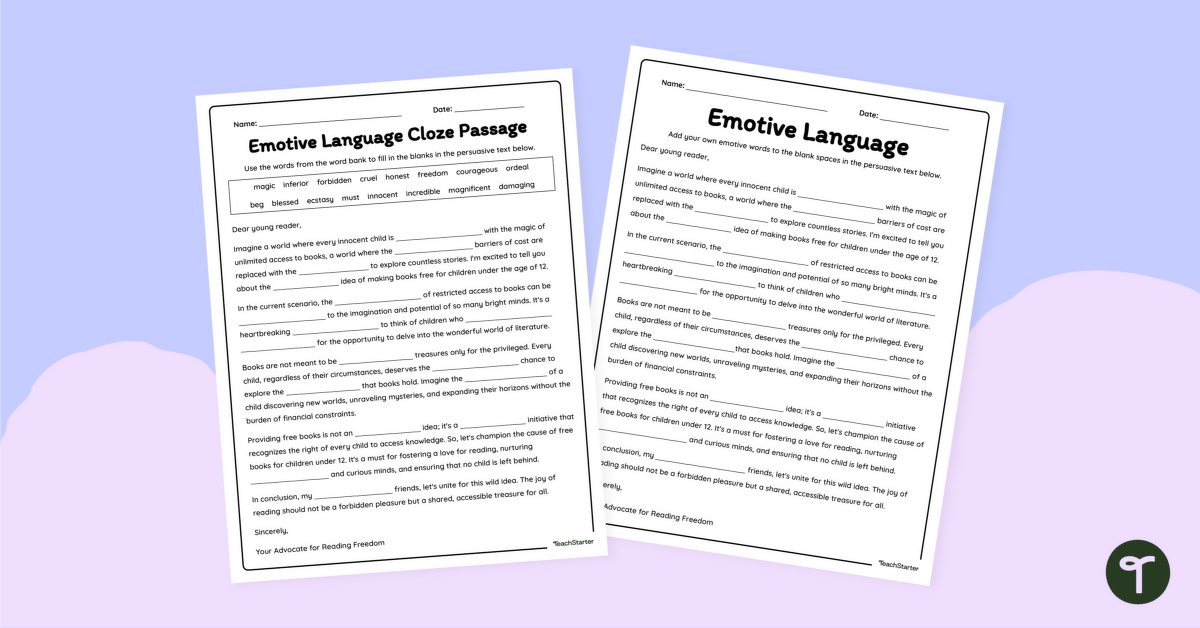

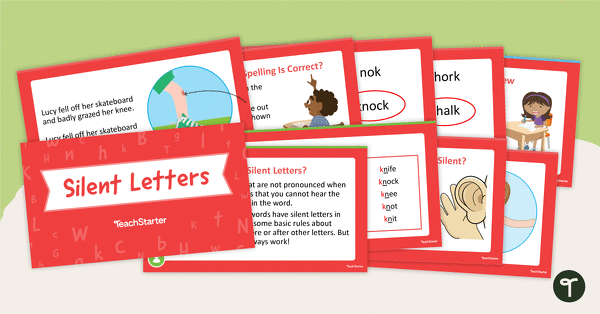
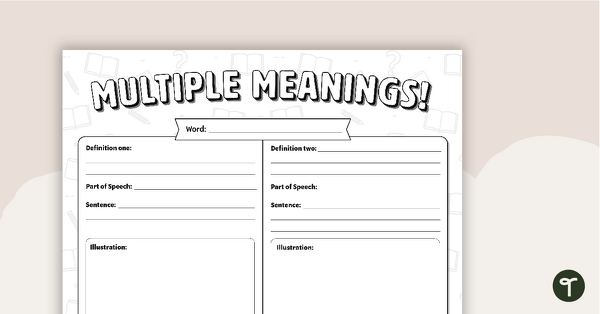
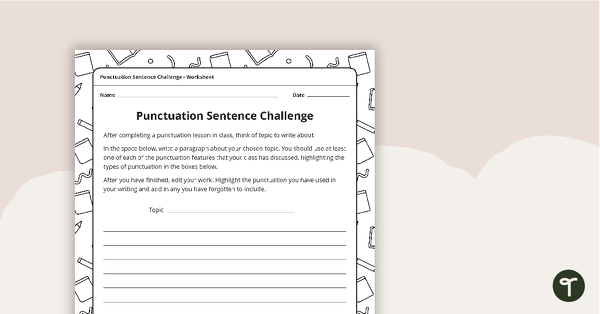
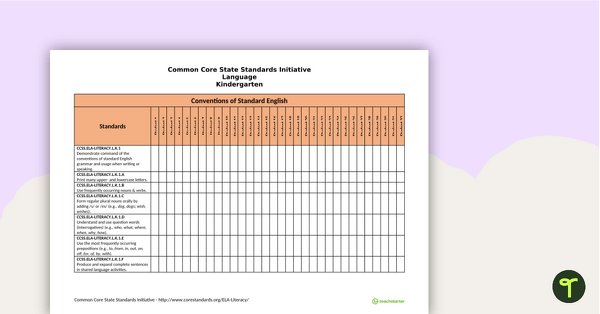
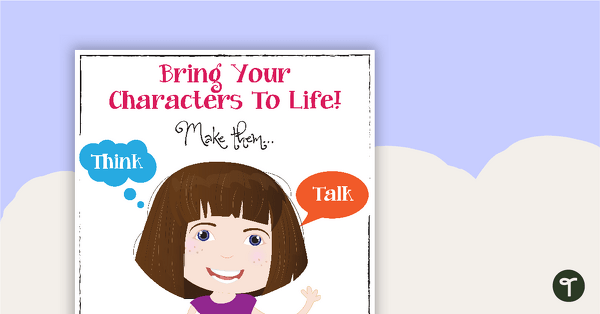
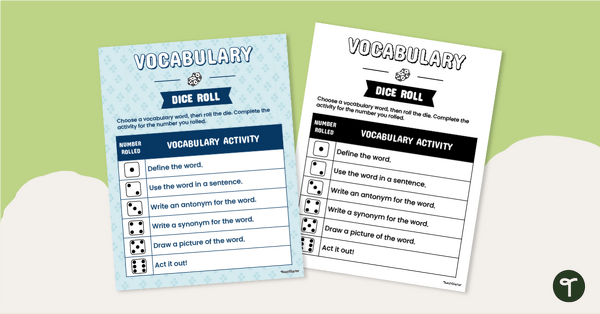
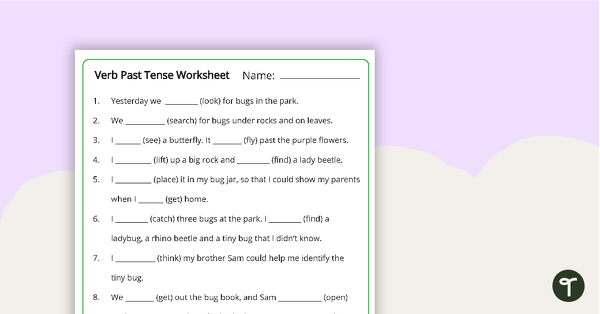
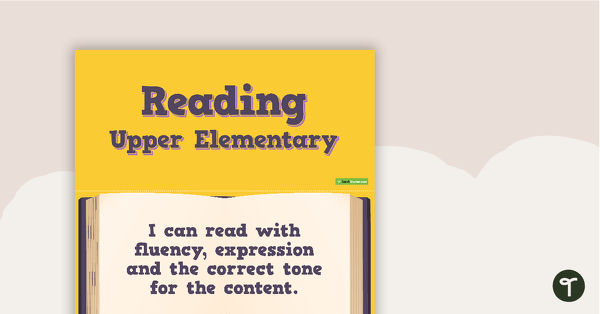
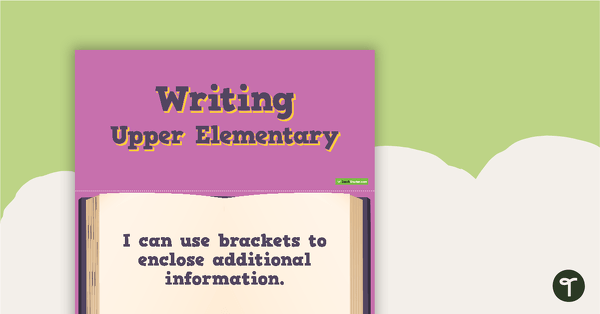
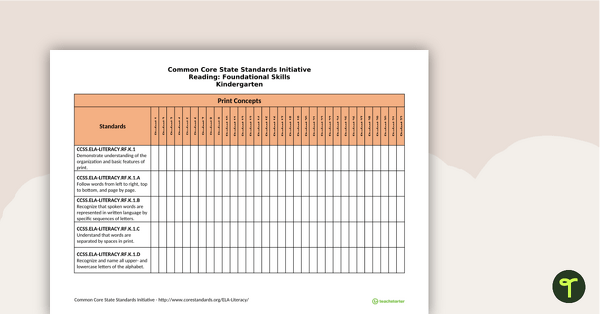
0 Comments
Write a review to help other teachers and parents like yourself. If you'd like to request a change to this resource, or report an error, select the corresponding tab above.